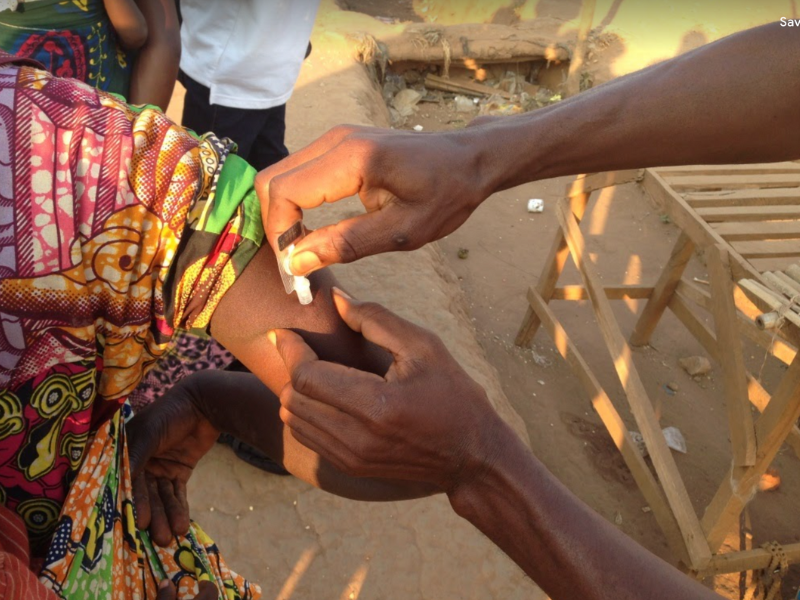Tulane SPHTM awarded $5.4 million to continue international health activities
Tulane School of Public Health and Tropical Medicine was recently awarded a budget ceiling of $5.4 million to continue projects and fund new opportunities aimed at helping countries throughout the world.
The United States Agency for International Development (USAID) is funding a cooperative agreement between different agencies to implement the Global Health Program Evaluation, Analysis, Research, and Learning (GH PEARL) project.
Tulane is part of a consortium led by the University of North Carolina at Chapel Hill that includes organizations from the United States (UNC, Tulane, Palladium, QT1), Bangladesh (International Centre for Diarrhoeal Disease Research), Tanzania (Ifakara Health Institute), and Ghana (GEMNet Health). The five-year project will run from October 1, 2023 to September 30, 2028.
The agreement will allow Tulane to provide research, evaluation, capacity building, and evidence generation for decision-making in a variety of USAID priority countries, while also likely allowing Tulane to continue work in countries where the university has past experience like Democratic Republic of Congo, Nigeria, Ethiopia, and Ghana, among others.
Drs. Eva Silvestre and Janna Wisniewski, both faculty in the Department of International Health and Sustainable Development (IHSD), are co-principle investigators. Multiple faculty within the IHSD department may also have the opportunity to work on activities related to the grant.
One of the USAID priorities is localization. “This is not something that is done overnight,” Silvestre said. “But we can make inroads which will have significant long-term impact. We have already been working closely with our local partners and are poised to take on these new opportunities.”
According to Silvestre, projects like this generally take a while to get off the ground and get buy-in from preexisting missions, but that isn’t the case with this initiative. Tulane already has two projects approved. The first, in Ethiopia, is an urban health and resilience project, an ex-post evaluation of Strengthening Ethiopia’s Urban Health Activity, and another in Côte d’Ivoire that is a midterm evaluation of the national President’s Malaria Initiative-funded malaria project "STOP DJEKOIDJO.”
Silvestre is also a member of the committee developing the diversity, equity, inclusion, and accessibility plan for the entire project, since the consortium sees this as integral to localization and is one of the guiding principles of the proposal.
“These types of projects are important for us as a school that is training future public health leaders,” Silvestre said. “Under Data for Impact [Silvestre’s current USAID project], many students have had the opportunity to work on research projects that have led to conference presentations and publications. So, students are able to be funded to get exposure to real-time global health projects.”

